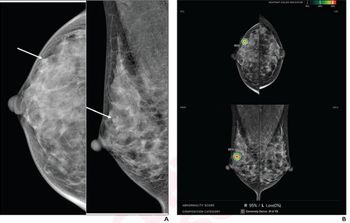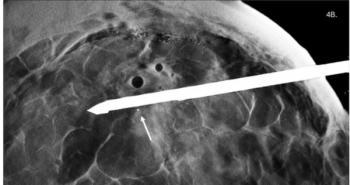
Radiologists Report Concerns About Meaningful Use Program
Although a vast majority of radiologists qualify under the federal government’s meaningful use incentive program for electronic health records, many have lingering concerns about the program, according to a new KLAS and RSNA survey.
Although a vast majority of radiologists qualify under the federal government’s
In a new survey of 216 radiologists, 40 percent said they had concerns about the lack of clarity of the guidelines or decreased efficiency as a result of adopting the current guidelines. The survey,
Sixty percent of those surveyed said they either plan to or are considering qualifying for meaningful use, but only 6 percent reported that they considered themselves educated on the program.
"These numbers should be a wakeup call for the radiology industry," said Emily Crane, KLAS research director and author of the report. "Getting educated and involved with meaningful use can't wait."
Some radiologists said they were concerned the guidelines don’t take radiology into consideration, and said that
“We hope that this feedback from radiologists can serve as a guide for the Office of the National Coordinator for HIT and those in Washington who are currently addressing Stage 2 and Stage 3 guidelines. Radiologists would like guidelines that are more appropriate for their practice of radiology," said Crane.
KLAS also asked questions about vendor preparedness to help providers achieve meaningful use. On average, 25 percent of respondents felt their RIS and PACS vendor was not prepared to help them meet the requirements.
Newsletter
Stay at the forefront of radiology with the Diagnostic Imaging newsletter, delivering the latest news, clinical insights, and imaging advancements for today’s radiologists.














